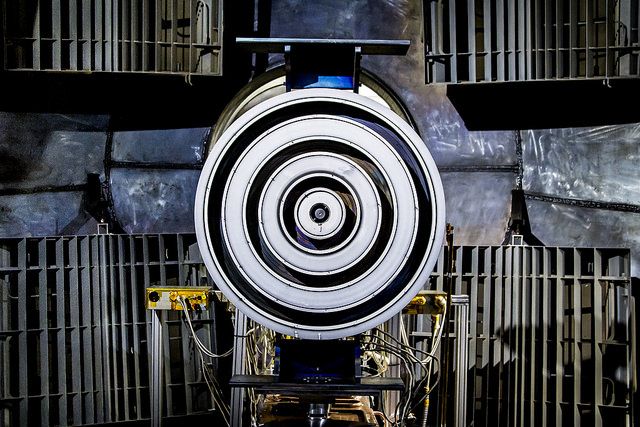Liftoff!
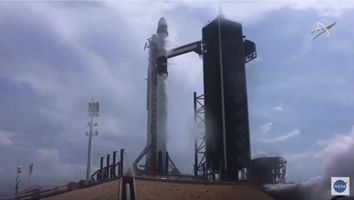

Liftoff!
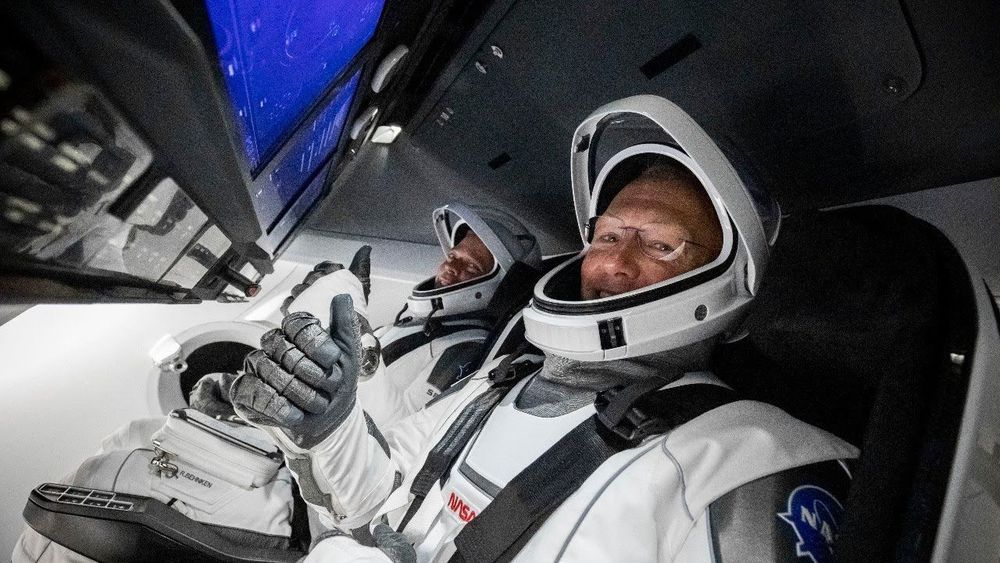
SpaceX delivered two astronauts to the International Space Station for NASA on Sunday, following up a historic liftoff with an equally smooth docking in yet another first for Elon Musk’s company.
With test pilots Doug Hurley and Bob Behnken poised to take over manual control if necessary, the SpaceX Dragon capsule pulled up to the station and docked automatically, no assistance needed. The hatches swung open a few hours later, and the two Dragon riders floated into the orbiting lab and embraced the three station residents.
Unlike the SpaceX and NASA flight control rooms, where everyone was spaced well apart, there was no social distancing or masks needed in orbit since the new arrivals had been in quarantine for many weeks.
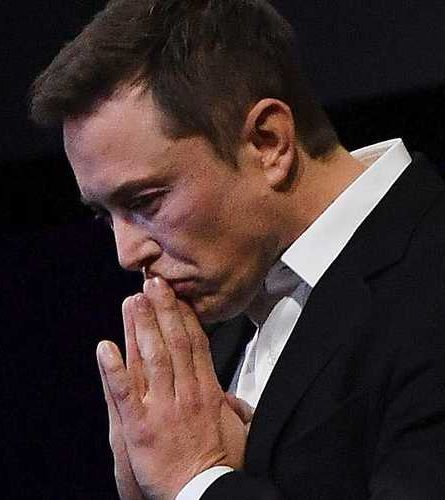
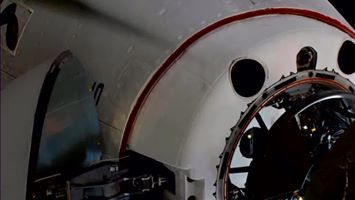
#ICYMI: NASA astronauts Bob Behnken and Doug Hurley aboard the SpaceX Dragon Endeavour arrived at the International Space Station and docked today, May 31, 2020, at the station’s Harmony port at 10:16 a.m. ET.
Following soft capture, 12 hooks were closed to complete a hard capture at 10:27 a.m. ET.
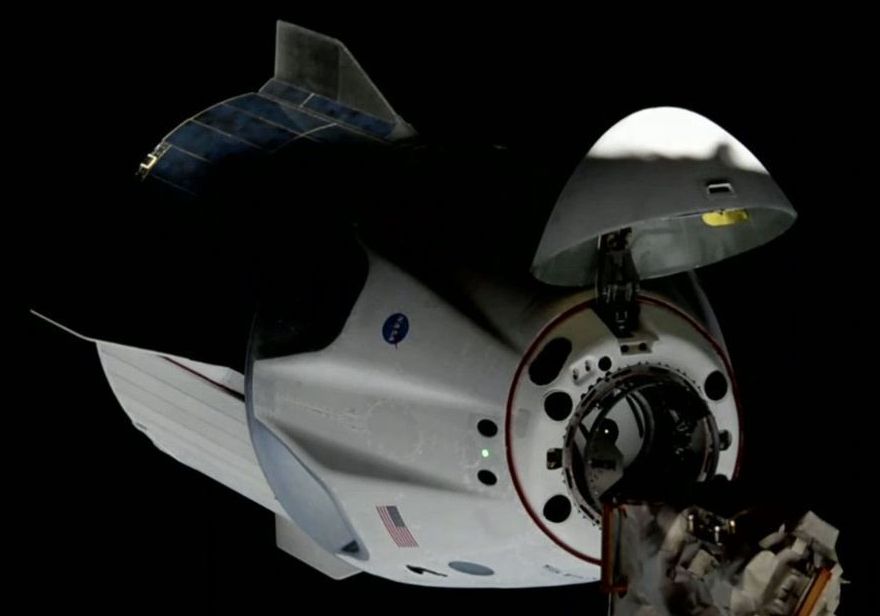
This morning, SpaceX’s new Crew Dragon capsule successfully docked with the International Space Station, bringing the company’s first crew to the orbiting outpost. Their arrival marks another major milestone for SpaceX’s first crewed mission of the Crew Dragon, which successfully took off yesterday, May 30th, from Cape Canaveral, Florida.
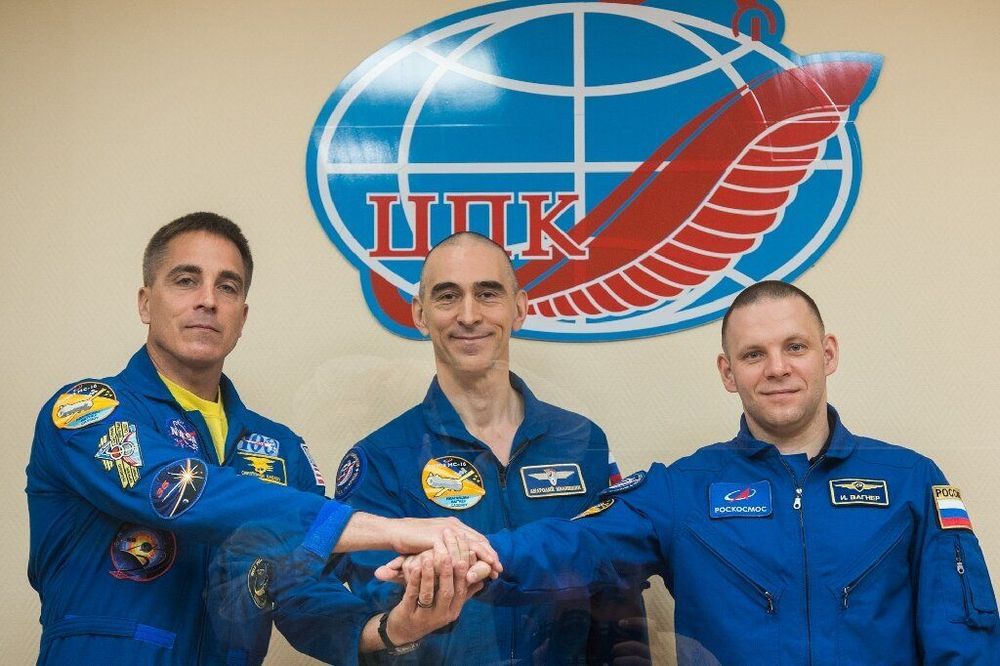
Russia has lost its long-held monopoly as the only country able to ferry astronauts to the International Space Station following the flawless manned launch by US company SpaceX.
The Russian space agency congratulated the United States and Elon Musk’s SpaceX on the first crewed flight ever by a private company, but experts said the launch should be a wakeup call for Roscosmos.
“The success of the mission will provide us with additional opportunities that will benefit the whole international programme,” cosmonaut Sergei Krikalev, Roscosmos executive director for crewed space programmes, said in a brief video address.
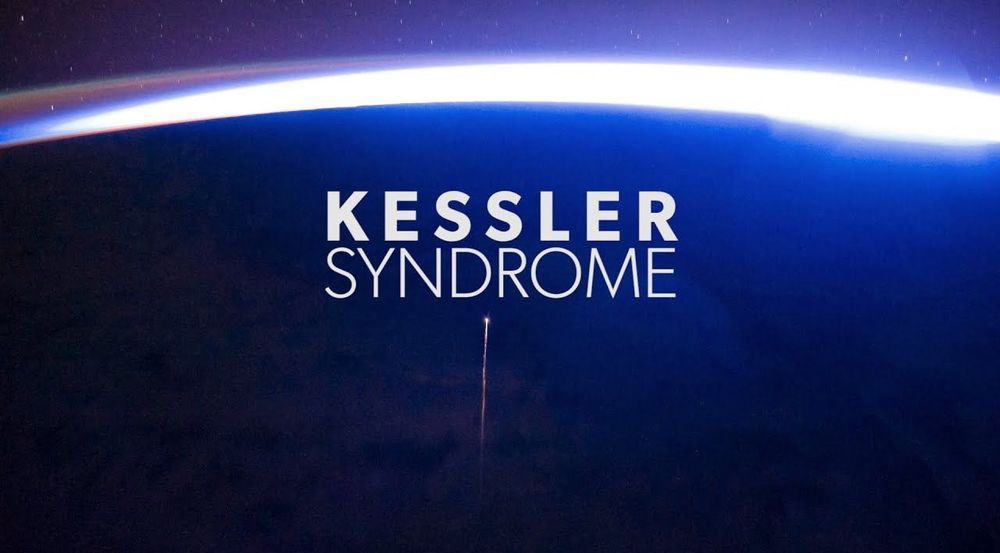
An increasingly likely catastrophe can cause major disruptions in space flight and our daily lives.
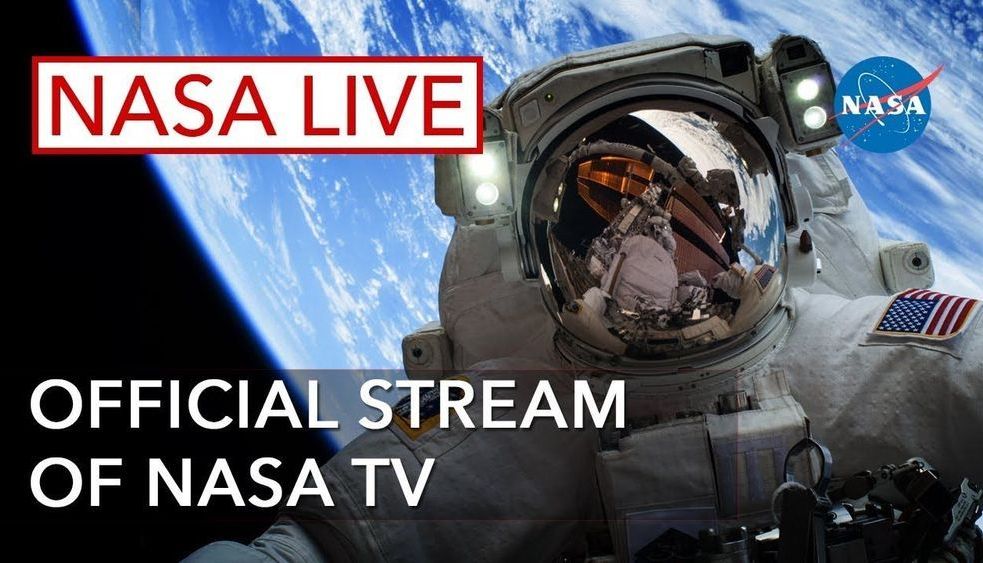
SpaceX is scheduled to launch the first crewed flight of its Crew Dragon capsule on May 30th at 3:22PM ET. Follow along as the crew, astronauts Bob Behnken and Doug Hurley, suit up and board their capsule as the clock counts down to their liftoff.
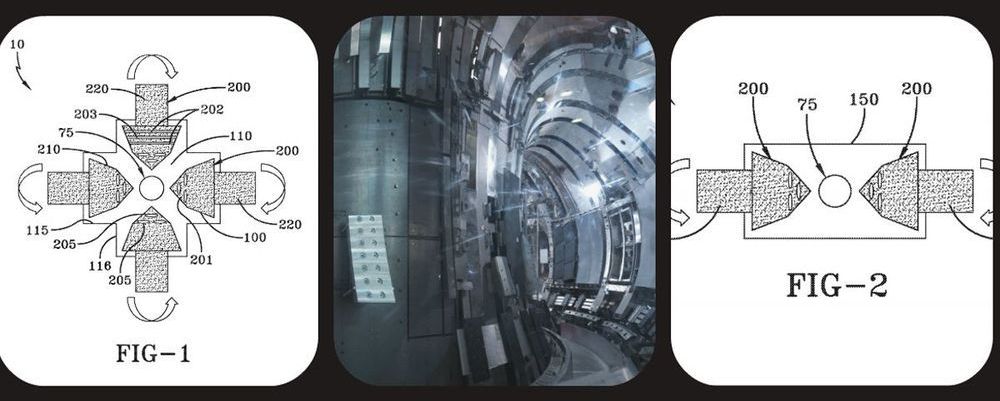
Circa 2019
Scientists have longed to create the perfect energy source. Ideally, that source would eventually replace greenhouse gas-spewing fossil fuels, power cars, boats, and planes, and send spacecraft to remote parts of the universe. So far, nuclear fusion energy has seemed like the most likely option to help us reach those goals.
The big problem? It’s difficult to harness, and we’re nowhere near producing it at the scales we need in order to cause a seismic shift in energy policy. That’s why teams of researchers across the world are racing to improve our understanding of this reaction.
Now, the U.S. Navy has jumped into the game by filing a patent for a compact fusion reactor, according to exclusive reporting by The War Zone.
